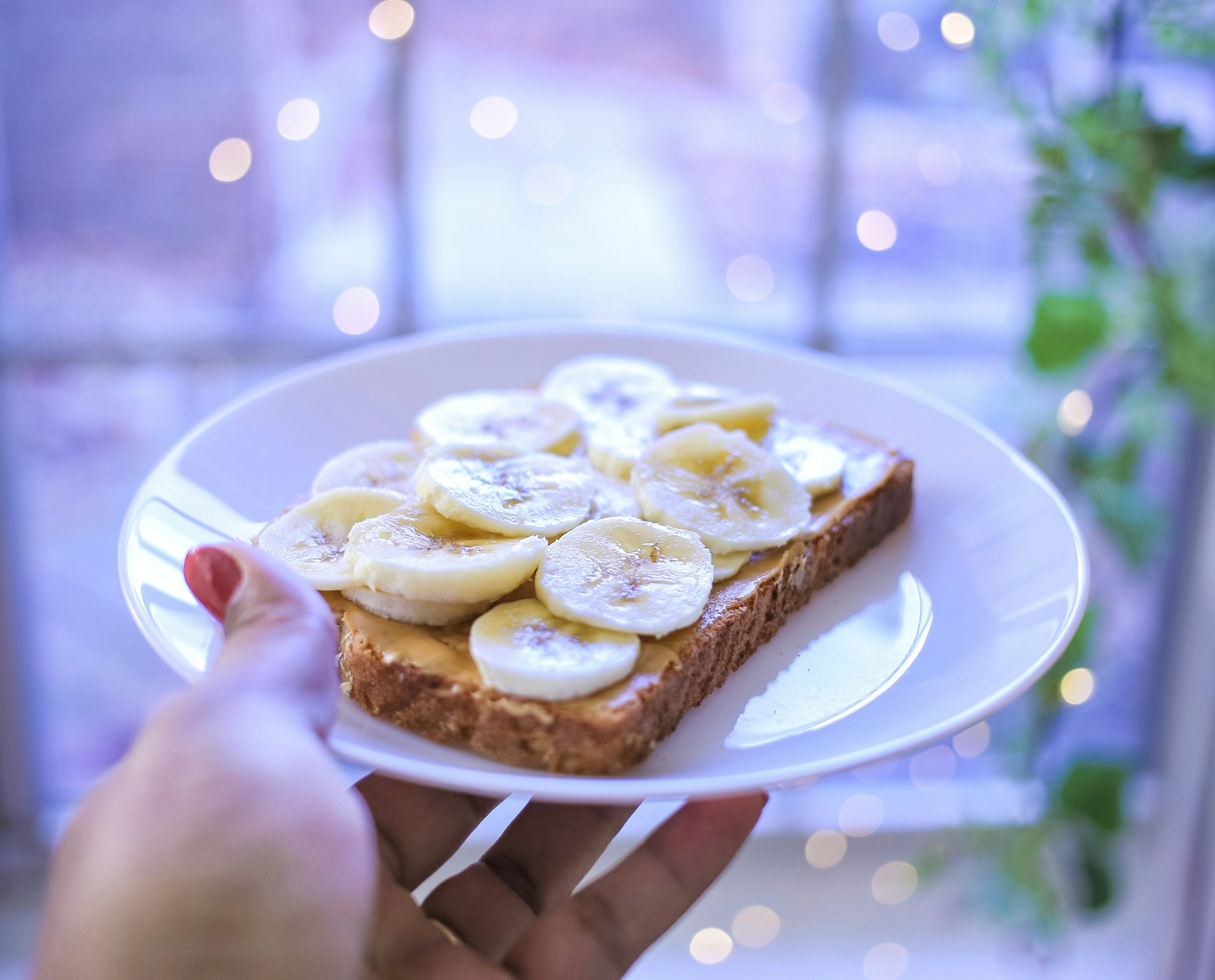Craving for Some Food – What Can it Mean?
A craving for a certain dish, which can sometimes represent an allergy, is often a natural way of warning that you are not taking enough of certain vitamins or minerals. Often this specific hunger is caused by the fact that the overall diet is not adequate. Some of the most common food cravings are:
Peanut Butter. Certainly one of the first 10 cravings in terms of frequency and that is not at all surprising. Peanut butter is a rich source of B vitamins. If you catch yourself often reaching for the jar, it may be a consequence of the fact that you are exposed to stress and that the usual amount of vitamin B that you take has become insufficient. 50g of peanut butter – a third of a cup – has 284 calories, you will find that it is more convenient for your waistline to take a B-complex vitamin supplement if you do not want to gain weight.
Bananas. When you catch yourself constantly reaching for this fruit, it may be because your body needs potassium. One medium-sized banana has 555 mg. People who take diuretics or cortisone (which robs the body of the necessary potassium) often crave bananas.

Cheese. If you are more greedy for cheese than you are a cheese lover, it is most likely that your real hunger is for calcium and phosphorus. (if you’re greedy for the processed cheese you’re grabbing, you’re getting aluminum and salt without knowing it.) As for that, you can try eating more Brussels sprouts. It has a lot of calcium and phosphorus, and significantly fewer calories than cheese.
Apples. One apple a day does not necessarily mean that you will not need a doctor, but it provides many good things that you may lack in the rest of the food you take – calcium, magnesium, phosphorus, and potassium – and is an excellent source of pectin, which lowers cholesterol! If you tend to eat a lot of dissolved fat, this may be the reason for your craving for apples.
Butter. Vegetarians crave butter most often because they consume small amounts of dissolved fats. Salted butter, on the other hand, can be an object of craving just because of the salt.
Coke. The craving for cola most often represents a hunger for sugar and a tendency for caffeine. The drink has no nutritional value.
Stone fruits. If you’re losing your head over nuts, you could probably use more protein, B vitamins, or fat in your diet. If you like salted walnuts the most, it may be that you crave sodium and not nuts. You will find that people exposed to stress have a greater tendency for nuts than relaxed people.
Bacon. The craving for bacon usually refers to its fat. People whose diet is limited are the most prone to indulge in fat. Unfortunately, saturated fat is not the only thing that bacon contains. There are many carcinogenic nitrates in bacon. If you indulge in bacon, make sure you take enough vitamins C, A, D, and E to neutralize nitrates.
Eggs. In addition to protein (two eggs give you 13g), sulfur, and amino acids, egg lovers may also crave the fat contained in the yolk or, paradoxically, its choline, which dissolves cholesterol and fat.
Melon. The fact that you like the taste of this fruit may not be the only reason you crave it. Melon has a lot of potassium and vitamin A. A quarter of a melon has 3,400 IU of vitamin A. Since melon also provides vitamin C, calcium, magnesium, phosphorus, biotin, and inositol, it is not so bad to give in to the craving for it. Half of a melon has only about 60 calories.
Olives. Whether you’re craving green or black olives, you’re probably looking for salt. people whose thyroid is not active enough will first reach for olives.
Salt. In this case, there is no guessing, you need sodium. those who crave salt may be suffering from thyroid iodine deficiency or Addison’s disease due to sodium deficiency. Those who have high blood pressure often crave salt, but they should not take a lot of it.
Onion. A craving for spicy food can sometimes indicate problems in the lungs or sinuses.
Milk. If, despite being an adult, you still crave milk, you may need a calcium supplement. Again, it may be that your body needs amino acids such as tryptophan, leucine, and lysine. Nervous people often need tryptophan in milk, as it has a very calming effect.
Mayonnaise. Since it is a fatty food, mayonnaise is often craved by vegetarians and people who have eliminated other fats from their diet.
Sour fruit. Craving for sour fruit can often indicate problems with the gallbladder or liver.
Chocolate. Is certainly one of the most widespread cravings, if not the most widespread. Those who crave chocolate are prone to caffeine as well as sugar (there are 5-10 mg of caffeine in a cup of cocoa). If you want to get rid of this habit of eating chocolate, try carob instead. (Carob, which is also called St. John’s bread, is made from the edible pods of the Mediterranean carob tree.)














Post Comment